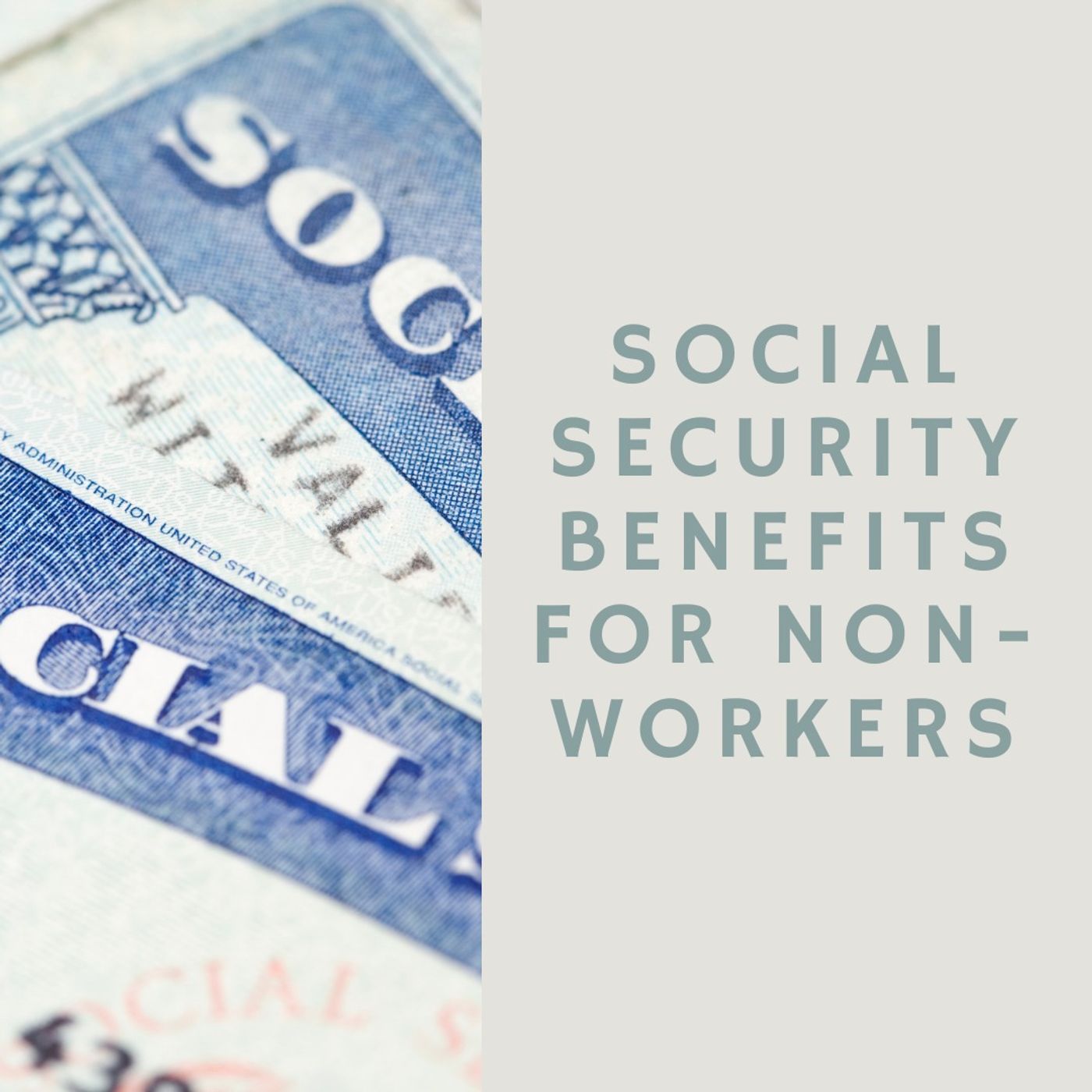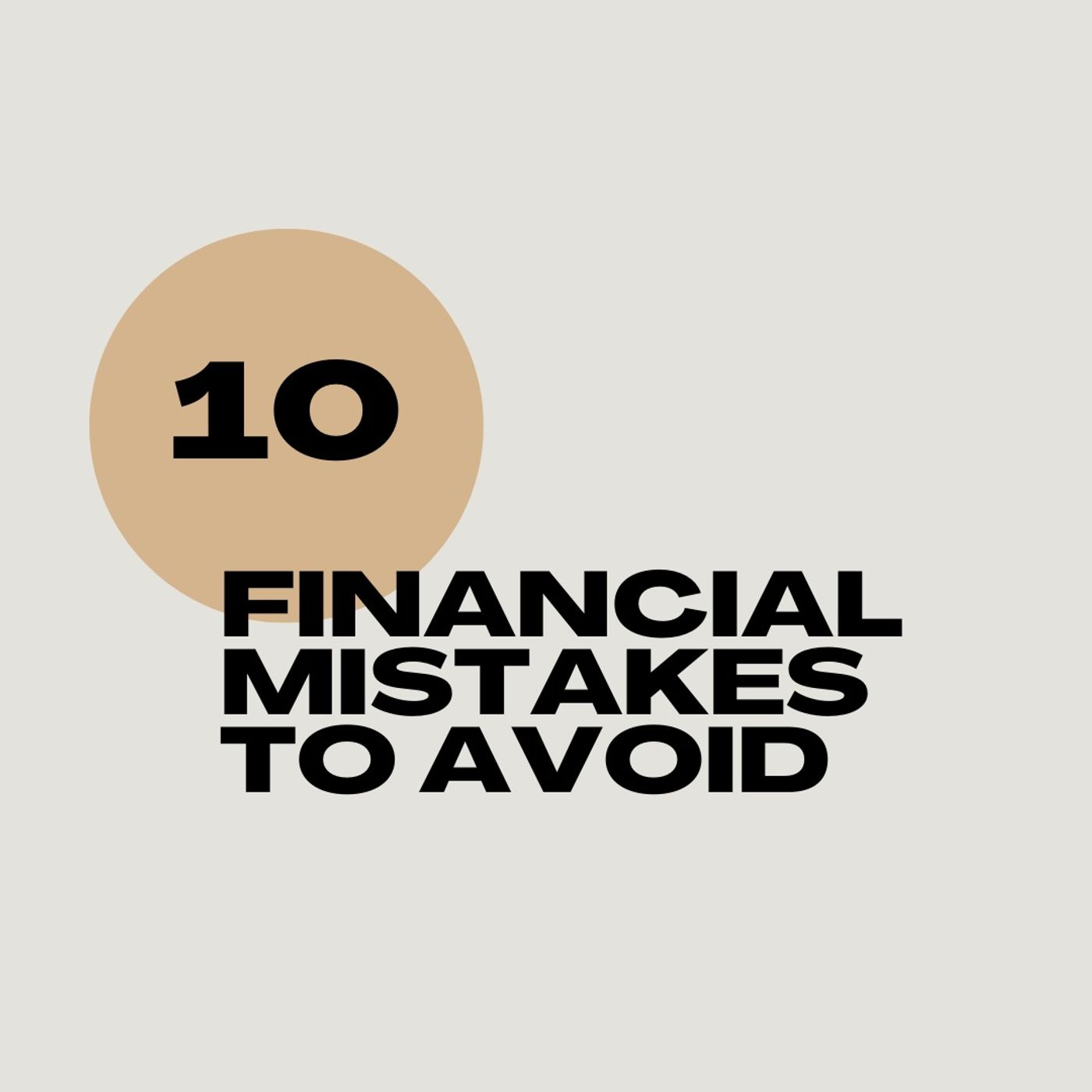Where To Keep Your Emergency Emergency Fund
Faith & Finance with Rob West
You should have 3 to 6 months’ living expenses in your emergency fund…but what if you can’t get to that money? Does your emergency fund need an emergency fund? That would be money you actually have on hand, not in a bank. And if so, how much? Today, many of us rely heavily on debit and credit cards for everyday transactions. They’re convenient, especially with the added perks of reward points or cashback programs. But as easy as it is to swipe a card, it’s still wise to keep a small cash reserve on hand. Why? Let’s take a look.

Show Notes
Today, many of us rely heavily on debit and credit cards for everyday transactions. They’re convenient, especially with the added perks of reward points or cashback programs. But as easy as it is to swipe a card, it’s still wise to keep a small cash reserve on hand. Why? Let’s take a look.
The Importance of Cash in a Digital World
With ATMs and mobile banking apps available 24/7, you might wonder why keeping cash around is necessary. While it’s true that ATMs are convenient, there are rare but possible situations where cash access might be temporarily unavailable. This could be due to:
- Network-wide banking outages
- A hacking incident affecting your bank
- Identity theft or a compromised account
These disruptions could leave you without access to your funds, even if it’s just for a short time. Having a small amount of cash on hand can help bridge the gap during emergencies.
How Much Cash Should You Keep?
So, how much cash is enough? Consumer experts suggest keeping enough to cover about three days’ worth of expenses. This amount will vary depending on your individual needs. To figure out how much you need:
You Might Also Like

October 3, 2025
Social Security Benefits for Non-Workers
You may be eligible for ‘spousal’ or ‘survivor’ benefits even if you’ve never received a paycheck. The Social Security A...

October 3, 2025
10 Financial Mistakes To Avoid
Financial blunders aren’t new. Consider this: the web portal Excite once passed on buying Google for just $750,000. Toda...

October 2, 2025
Challenging Your Property Assessment
When your home appreciates in value, very often there’s a corresponding increase in your property taxes. The good news i...